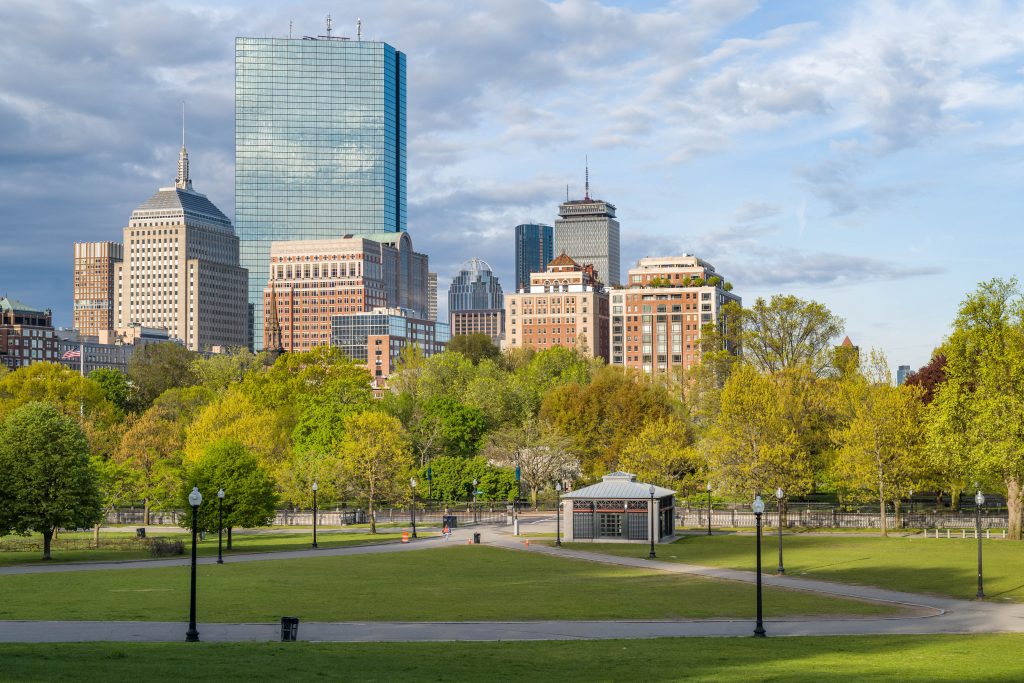City of Boston Yard Sale Program

Last week, I settled a case concerning the City of Boston Yard Sale Program. The lawsuit I brought concerned some interesting topics in Massachusetts real estate law, which will inevitably arise again for other properties purchased through this program.
What is the City of Boston Yard Sale Program?
The City of Boston Yard Sale Program was a program that the City of Boston administered to sell vacant lots across the city. Boston had acquired many vacant lots from tax foreclosure sales and other means over the years and wanted to preserve them for open-space purposes.
Under this program, the city would offer to sell these vacant lots to abutting homeowners for pennies on the dollar: often between $500 – $1,000. The catch? Such properties could only be used for open-space purposes, such as gardening, landscaping, and off-street parking.
I have included a copy of one Yard Sale Application below (the specific year of this application is unknown, and I make no representations as to the accuracy or completeness of this document).
While the records for the Yard Sale program are not the best, it appears that the sale of these vacant lots was supposed to stay with the property of the homeowner who purchased them. For example, if you owned a residential home in Jamaica Plain and purchased an abutting lot under the Yard Sale Program, you were expected to sell the Yard Sale lot as part of any home sale.
Legal Issues
In my case, I represented a Boston homeowner who lived next to a Yard Sale property. The prior owner of my client’s home had purchased the Yard Sale property in the 1990s but never sold the lot when he sold my client’s home. The owner of the Yard Sale property was trying to sell it to a developer who wanted to construct housing on the lot. My client, who lived next door to this Yard Sale lot was, of course, not happy about this.
I filed a lawsuit in Land Court challenging the sale and spent several years fighting this matter in court. Fortunately, my client and the owner of the Yard Sale lot were able to settle this matter in a perfect deal for my client (and, in my opinion, for the Yard Sale lot owner as well).
Because we settled the case, we never received a ruling from the Court on this program’s many interesting legal issues. For example, it remains unclear whether properties sold through the Yard Sale program must permanently remain available for open-space uses or whether these restrictions eventually expire. It is also unclear whether the owner of one of these properties can remove these restrictions voluntarily (the City of Boston began an application process several years ago allowing owners to seek permission to do this).
Practical Implications
If you are buying or selling a Boston property with any involvement in the Yard Sale program, you should speak to an experienced real estate attorney. Understanding the many nuances of these properties and how to navigate these legal matters is critical.
Application